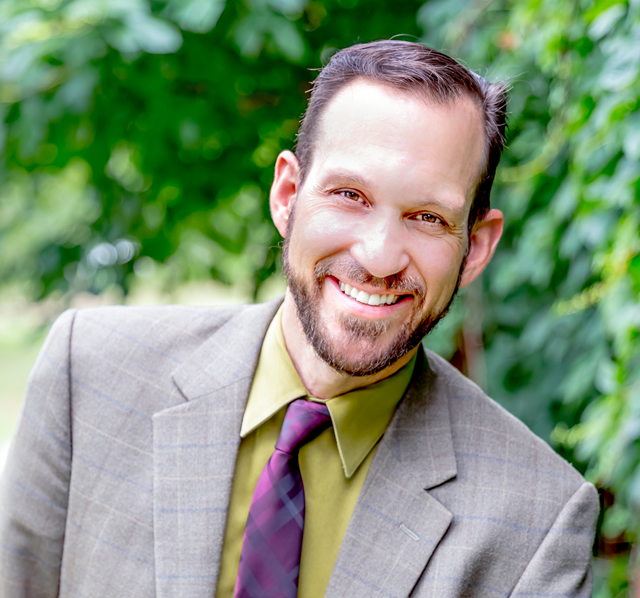Types of Hearing Loss
Hearing Loss
Hearing loss can affect anyone, and at any point during a person’s life. It affects different people to varying degrees and for different reasons, and can be triggered by any number of environmental and biological factors.
Because hearing loss typically develops gradually, you may not notice the loss of subtle everyday sounds such as a ticking clock or a rustling newspaper. Before you realize it, you are missing sounds critical for effective communication. Our audiologists can help you recapture these sounds so you can enjoy the world around you.
Living with untreated loss means difficulties in conversations with loved ones, at social gatherings, and work settings. Untreated, hearing loss makes it challenging to keep up with everyday life. Treatment can lead to a better quality of life by improving personal relationships, reducing anger and frustration, and providing better control of one’s life.
Hearing loss is generally categorized by location—that is, what part of the ear is damaged—as well as by severity and age of onset. There are three main types of loss: conductive, sensorineural, and a combination of both, known as mixed hearing loss.
Conductive Hearing Loss
Area Where Conductive Hearing Loss Occurs
Conductive hearing loss results from sound waves being conducted through the outer and/or middle ear inefficiently. Sound waves are blocked or muffled before they can reach the inner ear, which is still functioning properly. Conductive hearing loss is usually treated medically. The causes of conductive hearing loss may be as simple as cerumen (earwax) blockage of the ear canal, perforations of the ear drum, ear infections or genetic hearing disorders. This type of loss is medically treated by our Ear, Nose and Throat Doctors.
Sensorineural Hearing Loss
Area Where Sensorineural Hearing Loss Occurs
Sensorineural hearing loss results from damage to the inner ear (cochlea) or the auditory nerve pathways that transmit sound vibrations to the brain. Sensorineural loss cannot be reversed and is usually not treatable through surgery or medication, but it can be significantly improved through amplification. When there is a sensorineural hearing loss it is common for a person to seek treatment 5-7 years after they realize there is a hearing difficulty. This occurs due to the fact that sensorineural hearing loss is often gradual, painless, and frequently undetectable until significant loss has occurred. One of the most common causes of sensorineural hearing loss is noise-induced hearing loss (NIHL) resulting from exposure to loud noises over a long period of time. These days occupation noise exposure is relatively controlled in the workplace but it can also be the result of recreational noise exposure. Recreational noise, such as motorcycles, race track noise, shooting, playing in bands, loud rock concerts and other more fun noise sources can be huge factor resulting a sensorineural hearing loss. Another major cause of sensorineural hearing impairment is the strong relationship between hearing loss and the aging process. According to the Deafness Research Foundation 18% of the population between ages 45-64 will have hearing loss. These percentages increase substantially as the person ages where 65-74 the percentage of hearing impaired goes to 30% after age 75, depending upon the study the percentage of hearing impaired individuals goes to 47% or or more. Sensorineural hearing loss in the 21st century is quite treatable with today’s hearing devices.
Mixed Hearing Loss
Areas Where Mixed Hearing Losses Occur
Mixed hearing loss is the combination of conductive and sensorineural hearing loss, which can involve damage in the outer, middle, and inner ear simultaneously. An example of a mixed hearing loss is a patient that might have wax in the ear canal but also have a sensorineural hearing as well due to the aging process or noise exposure. These losses may be treated by procedures, medication and amplification.
If you suspect you or a loved one is struggling with hearing and understanding speech, be it from distances, close up, restaurants and meetings, or other situations, please call to schedule an appointment.
Highlights
Hearing Aid Services
Our audiologists have extensive experience fitting and programming today's latest hearing aid technology. They each have extensive knowledge in the diagnosis and treatment of hearing disorders.

 Stephen White, M.D.
Stephen White, M.D. Brandon Christianson, M.D.
Brandon Christianson, M.D.  Caitlin Oetken, PA-C
Caitlin Oetken, PA-C Kristin Schmidt, Au.D.
Kristin Schmidt, Au.D.